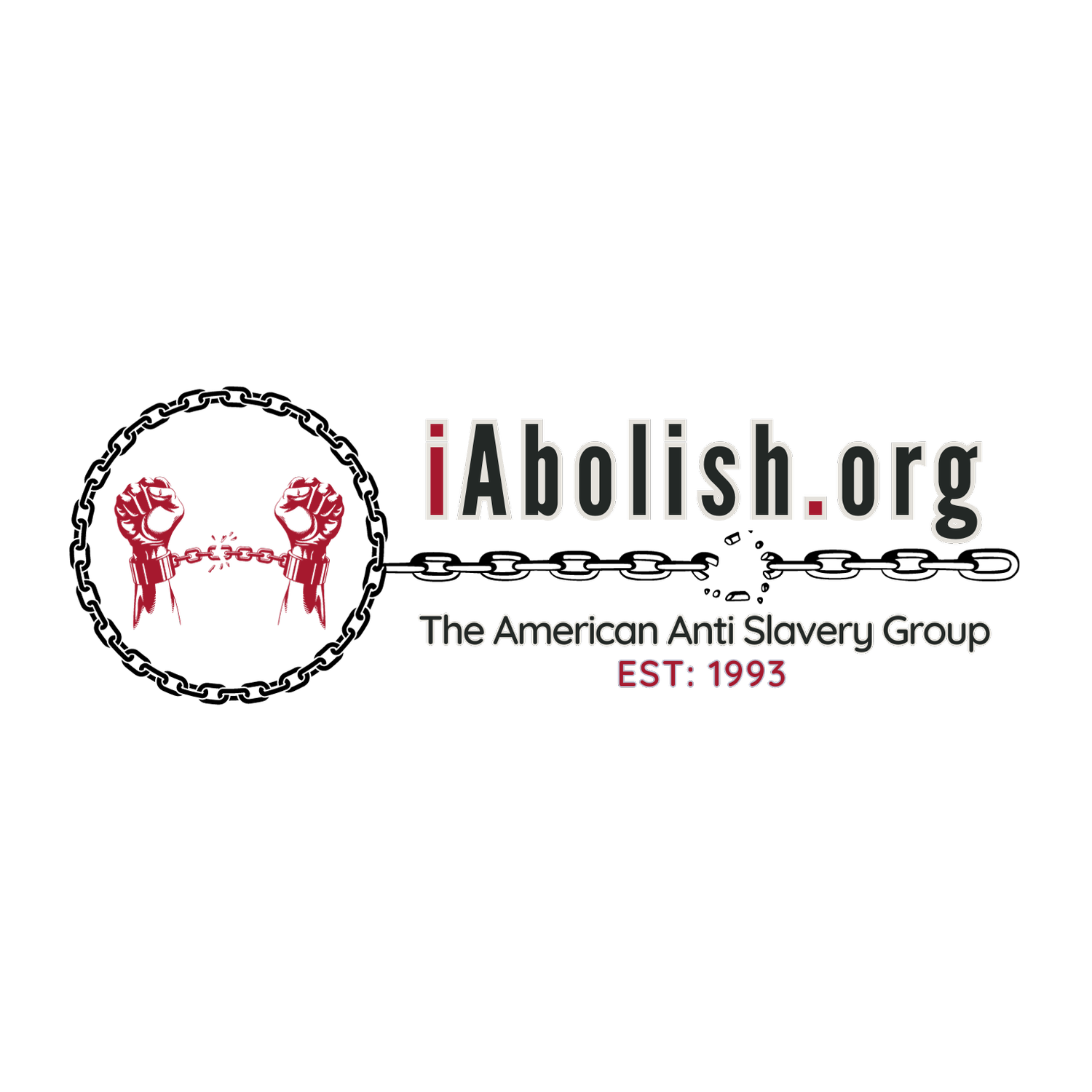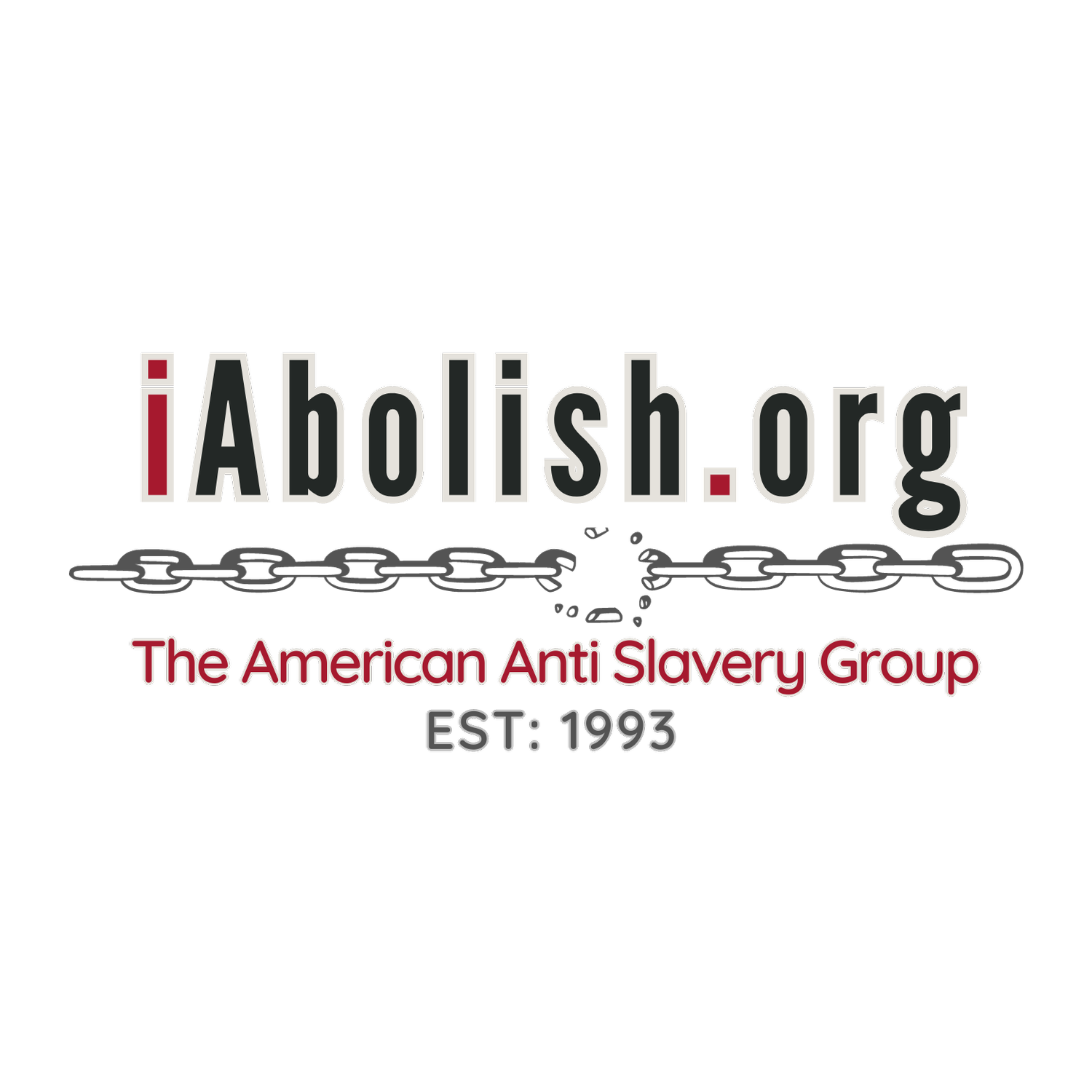Jihad Slavery Returns — The West Eager to Avert its Eyes
Displaced Yezidis leave the disputed town of Sinjar (Shingal) in Iraq and walk toward the Syrian border in 2014, fleeing Islamic State violence. (Rodi Said / Reuters)
Originally published on Family Security Matters
September 30, 2014
Dr. Charles Jacobs
“Narin” was abducted and enslaved in Iraq by ISIS jihadis and then escaped. She used a pseudonym with the reporter because many of her relatives, practitioners of an ancient Zoroastrian faith, are held captives by the Islamic State. Her community in Eastern Iraq suffered a jihadi blitzkrieg: villages were surrounded, men, including her brother, were murdered and the women, and children were carted off as slaves to be converted to Islam and given as “wives” to the jihadists. “Narin” escaped when her captors were at prayer.
Reports of the Yazidis’ enslavement shocks Westerners, but it closely mirrored reporting on Sudan, where African Christians were, in the 1990s and for over two decades, the target of an Islamic “holy war” which prominently featured jihad slavery as a terror weapon of choice. Just like ISIS raiders, Muslim militias stormed African Christian villages, shot the men, and took women and children as slaves.
And both these examples parallel reports of the Nigerian Christian girls taken into captivity by Boko Haram jihadists, whose group photos in Islamic dress showed how they, too, were forcibly converted to Islam.
“Captivity,” is a word evoking the Middle Ages when innocents and adversaries were seized and enslaved. But, as we’re learning via images broadcast by the very social media we’d hoped would liberate the Islamic world in the “Arab Spring,” practices of the Middle Ages are resurgent, and now broadcast to a theatre near all of us.
Most human bondage today has nothing to do with Islam. In 1999, human rights researcher Kevin Bales documented in his bookDisposable Peoplethat modern-day slavery extends across the globe and estimated that 27 million slaves, more than at any time in human history, today serve masters — from Calcutta to Khartoum, from Brazil to California.
And most slaves nowadays serve for profit and commerce, and are not victims of religious ideology. Today, sex slaves are trafficked around the globe, rug-weaving slaves in Pakistan and India are bound to looms from dawn to dusk, from toddlerhood until adolescence, and only freed when their little fingers lose the exquisite dexterity valued by rug-making masters.
Throughout the ’90s, the American Anti-Slavery Group (I am its president — www.iabolish.org) publicized and campaigned for these as well as for men kidnapped and enslaved in Brazil, forced at gun point to cut down trees in the rain forest and make charcoal that their masters sold. As modern-day abolitionists, we wrote extensively about enslaved Asian boys serving as jockeys in camel races (which are national pastimes and take place in huge, football-sized stadiums) in the Gulf Emirates. We met and testified to Congress alongside escaped “restavec” children — the child slaves in Haiti, serving as house boys and girls to middle-class families.
But we wrote more about those who were enslaved from jihad, in part because fewer people would come to their aid. Though money is mixed up with all human endeavors, the Muslim slave raiders in Sudan and Darfur then, and in Iraq and Nigeria now, do it for jihad, not cash.
The 1990s witnessed the growth of an international abolitionist movement as news of modern-day slaves reached the West. All of the “commerce” slaves got significant attention from human rights groups. This was especially true in the case of the sex trafficking. The abolitionists accomplished a lot for their “clients”: You can buy slave-free oriental rugs, for example, because of the work of abolitionists in Asia.
But jihad slavery has been a taboo subject because of political correctness — our “secular theology” — and it continues to be so even as more instances of it emerge.
The West got all in a twitter over the captives of Boko Harem jihadists in Nigeria. It is a real human horror. Our social media-obsessed culture launched the #BringBackOurGirls movement — but it lasted all of a few moments.
There was a far better response to the slave raids that captured hundreds of thousands of Christians in South Sudan throughout the ’90s. The jihadists did their thing: Arab militias stormed African villages, shot the men, and carried off the women and children who were all eventually used as concubines of the fighters or sold off. But in this case an abolitionist movement arose and several grass roots groups joined to bring their plight to the West. There was sustained and persistent reporting, campaigning and lobbying. The “hashtag” generation seems to have the attention span of a gnat. Our movement trudged on for a decade, but tens of thousands of slaves were emancipated and South Sudan split off from the North and became the world’s newest nation.
But now, again, the problem is the taboo about jihad slavery, enforced by the politically correct culture that guides the West. Captured Zoroastrian and Christian women in Iraq, Sudan, and Nigeria are raped, become concubines, and are forced to convert to Islam. But one must not say too much about this, especially that it just might emanate from the jihadis’ true religious beliefs.
Here’s the key: Evil done by non-Westerns is an embarrassment to the human rights establishment which disproportionately focuses on Western behavior. Just as Western media places fewer reporters in all of Asia, the Arab world, and Southern Africa than it does in Jerusalem (Boston University scholar Richard Landes calls this “disproportionate journalism”), so, too, do Amnesty International (AI) and Human Rights Watch, report mainly on Western “sin.” AI should call itself “the society for the improvement of Western conduct.” This PC-dominated “rights” activism abandons those who are most in need of Western help — simply because they have the “wrong” oppressors.
Thirteen years ago, on 9/11, I was about to give a speech about slavery in Sudan in the Capitol, when federal police ran in and chased us out, warning of a possible attack. I was about to tell the Congressmen and reporters gathered that if America did not come to the aid of the victims of jihad slavery, then the jihad would come to America. Because of the jihad blitz that day, I never got to say those words… and so I repeat them once a year near the anniversary. Our hearts should be with the jihad slaves. We pay dearly for abandoning our truest humanitarian impulses — surely with our souls, perhaps even with our heads.


